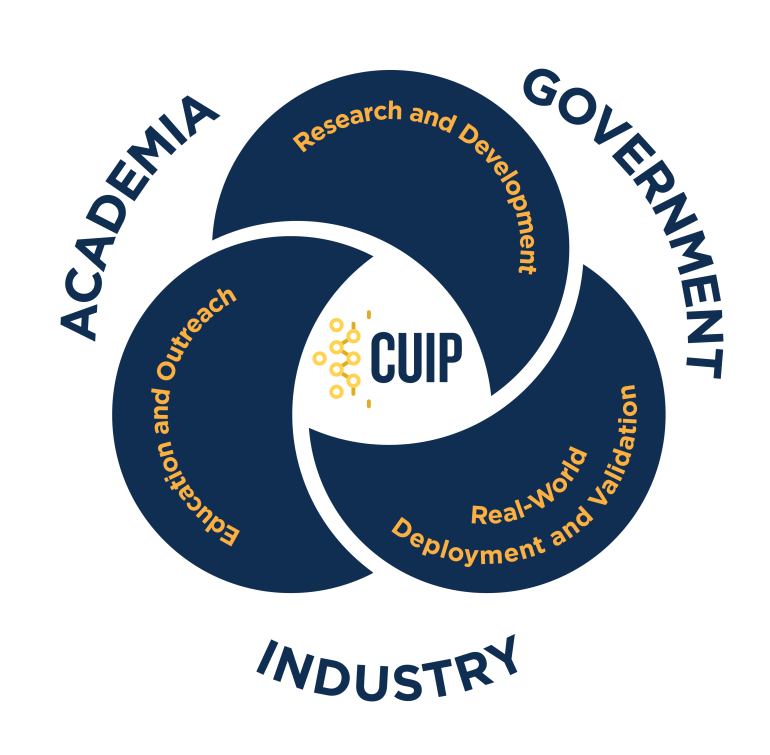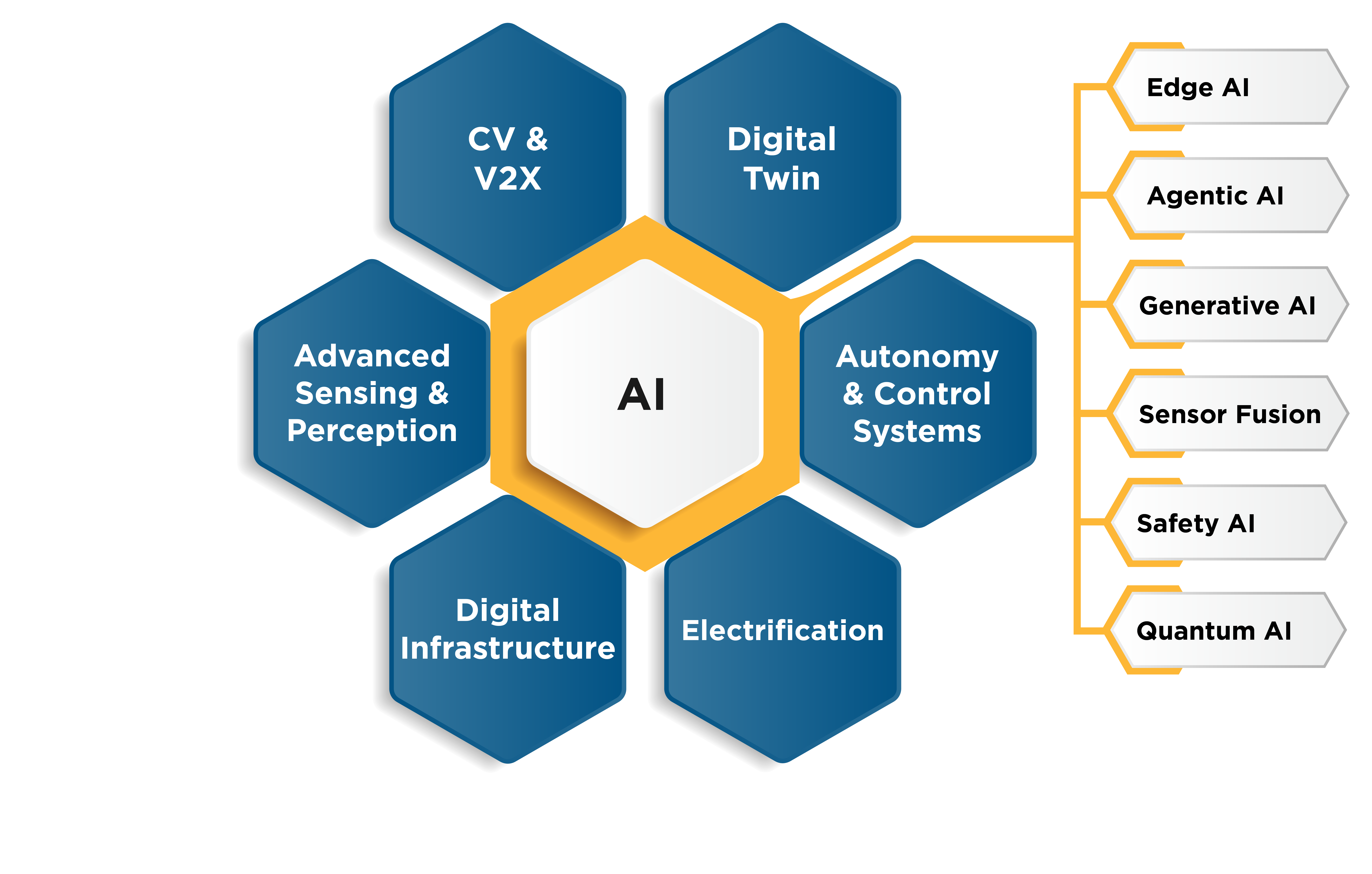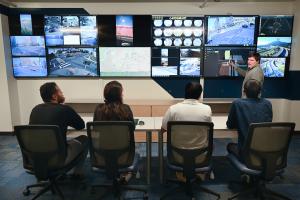

The Center for Urban Informatics and Progress (CUIP) is a smart city and urbanization research center at the University of Tennessee at Chattanooga. Our applied research efforts pioneer ways to improve traffic flows, reduce vehicle and pedestrian accidents, reduce carbon emissions, and more. Through our partnerships, we help cities adapt to the challenges of urban growth and work to ensure a safer, smarter, and healthier future for all.
Interested in working with us?
OUR AREAS OF RESEARCH
Research at CUIP focuses on the use of artificial intelligence to advance transportation efficiency and safety—from electric vehicles and smart intersections, to predictive technology and self-driving. The center also works to advance AI models of all kinds for broad use.

EXPLORE MORE
Click a topic below to learn more about CUIP.



